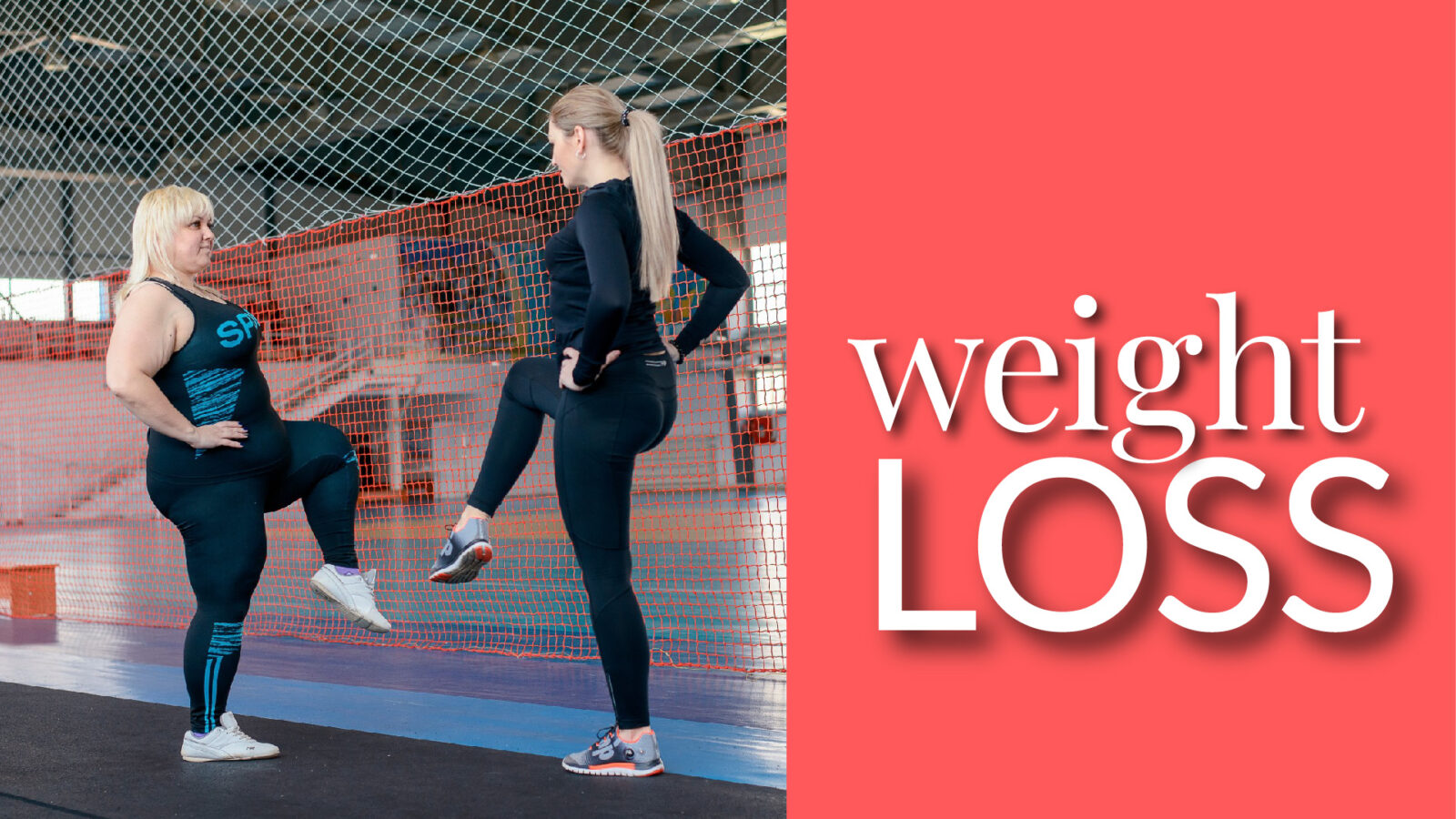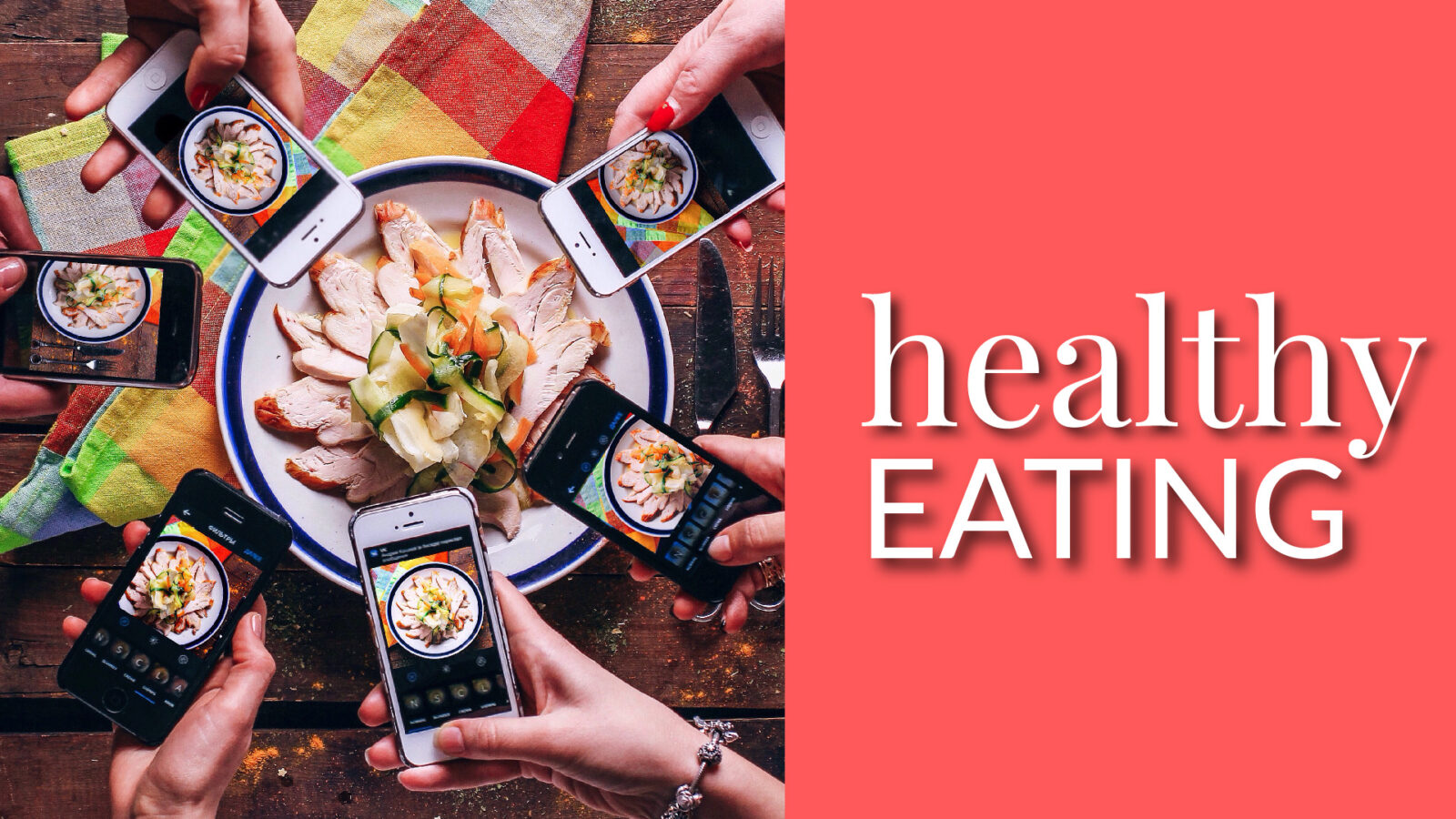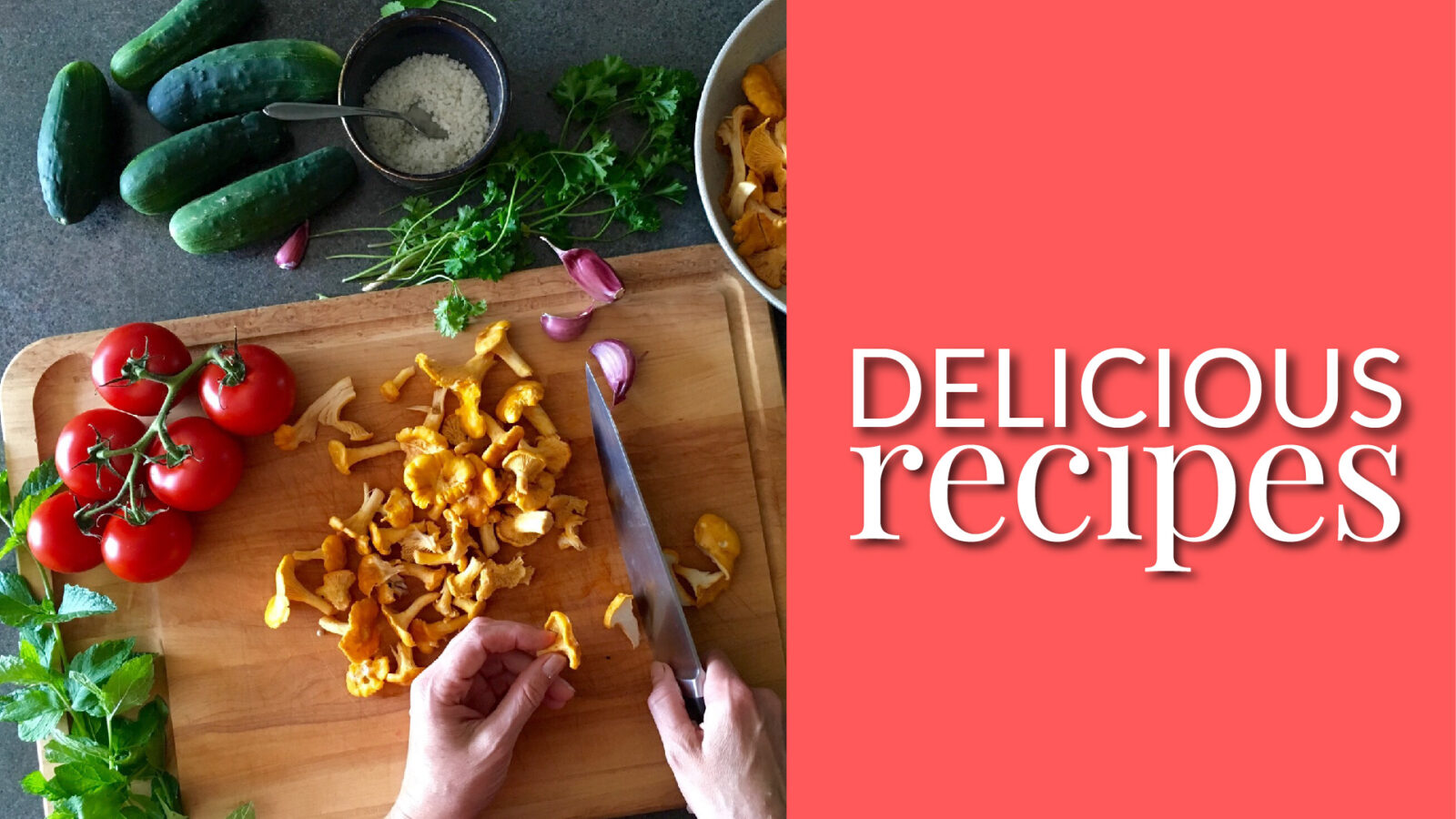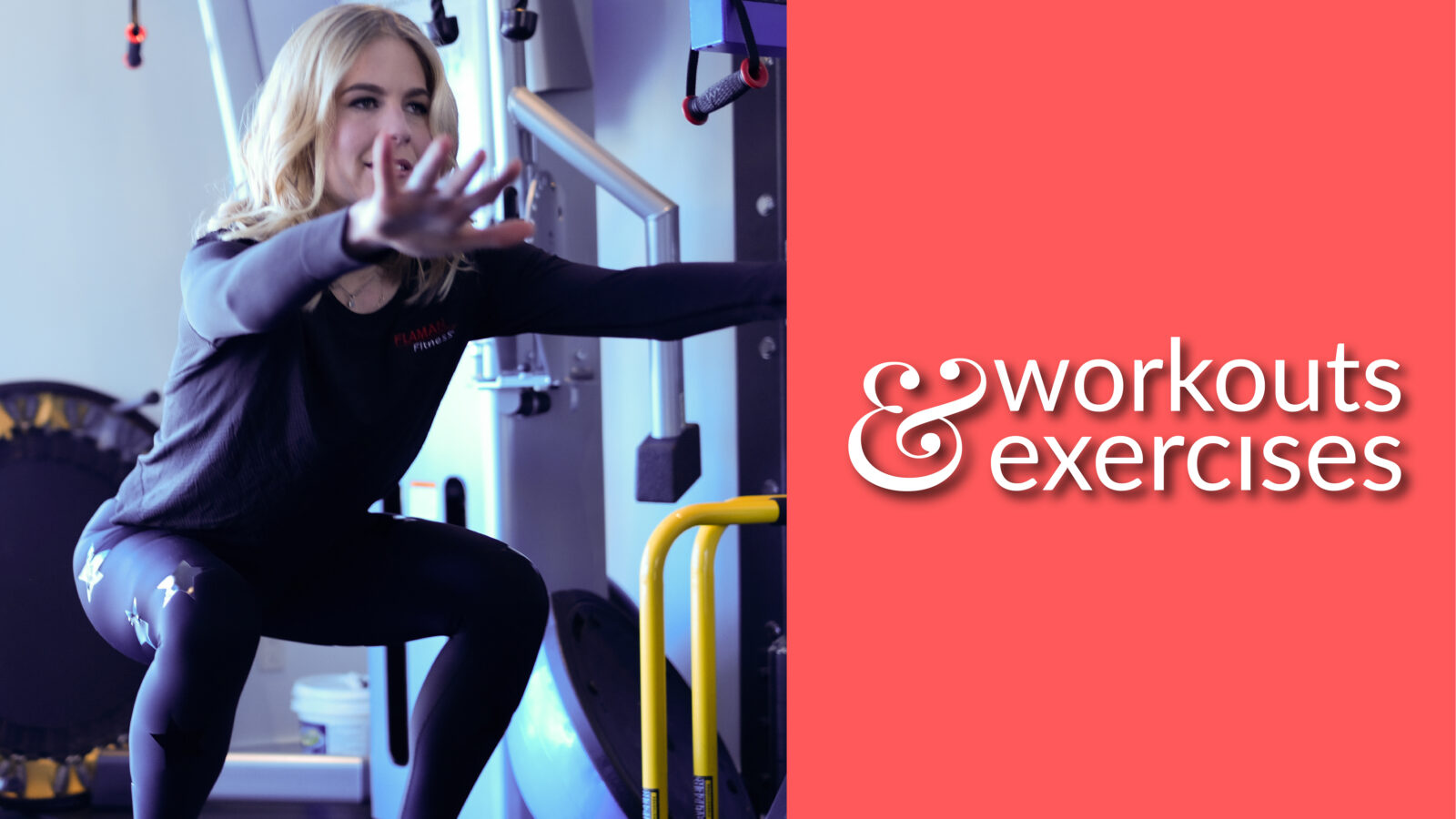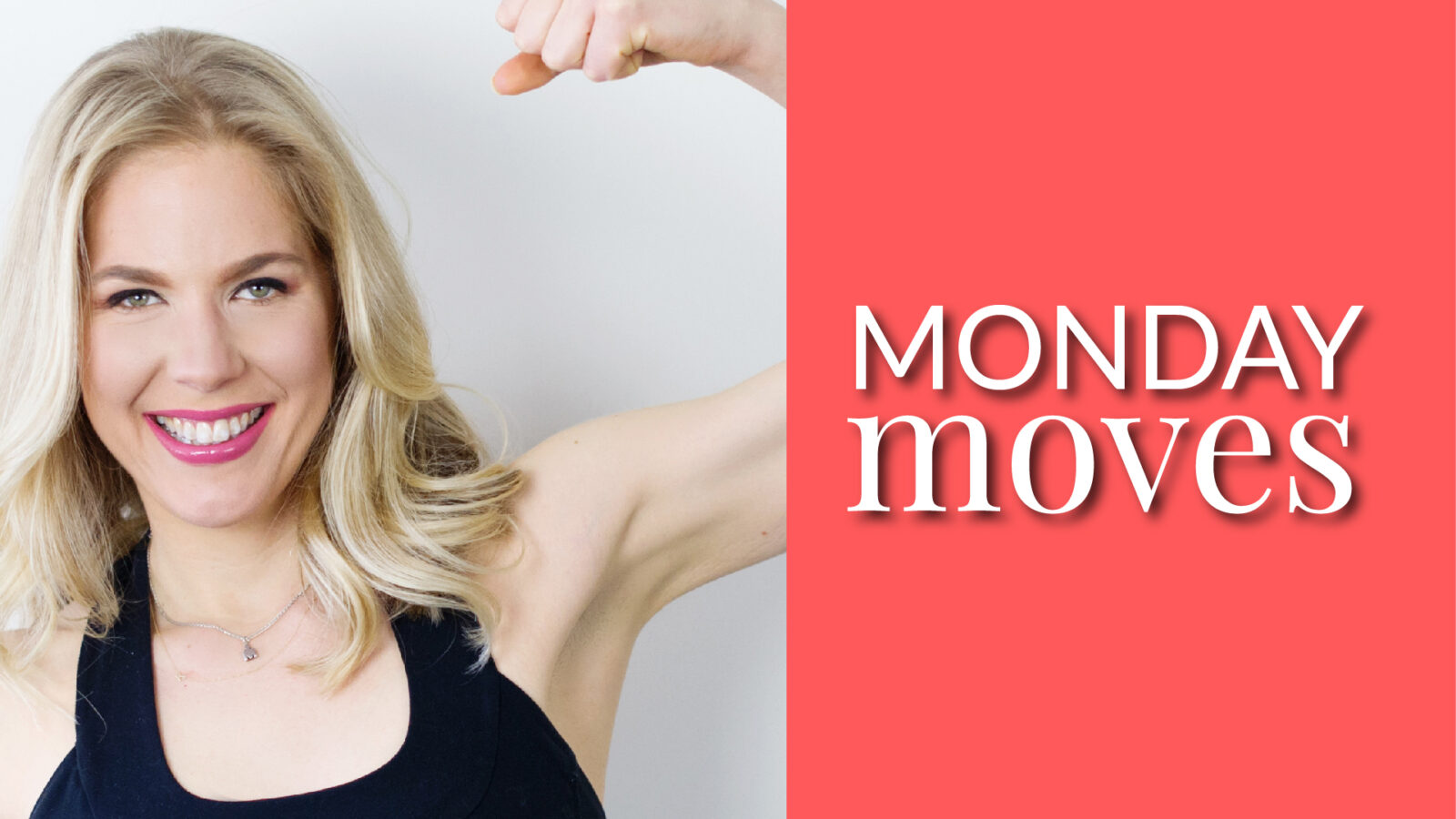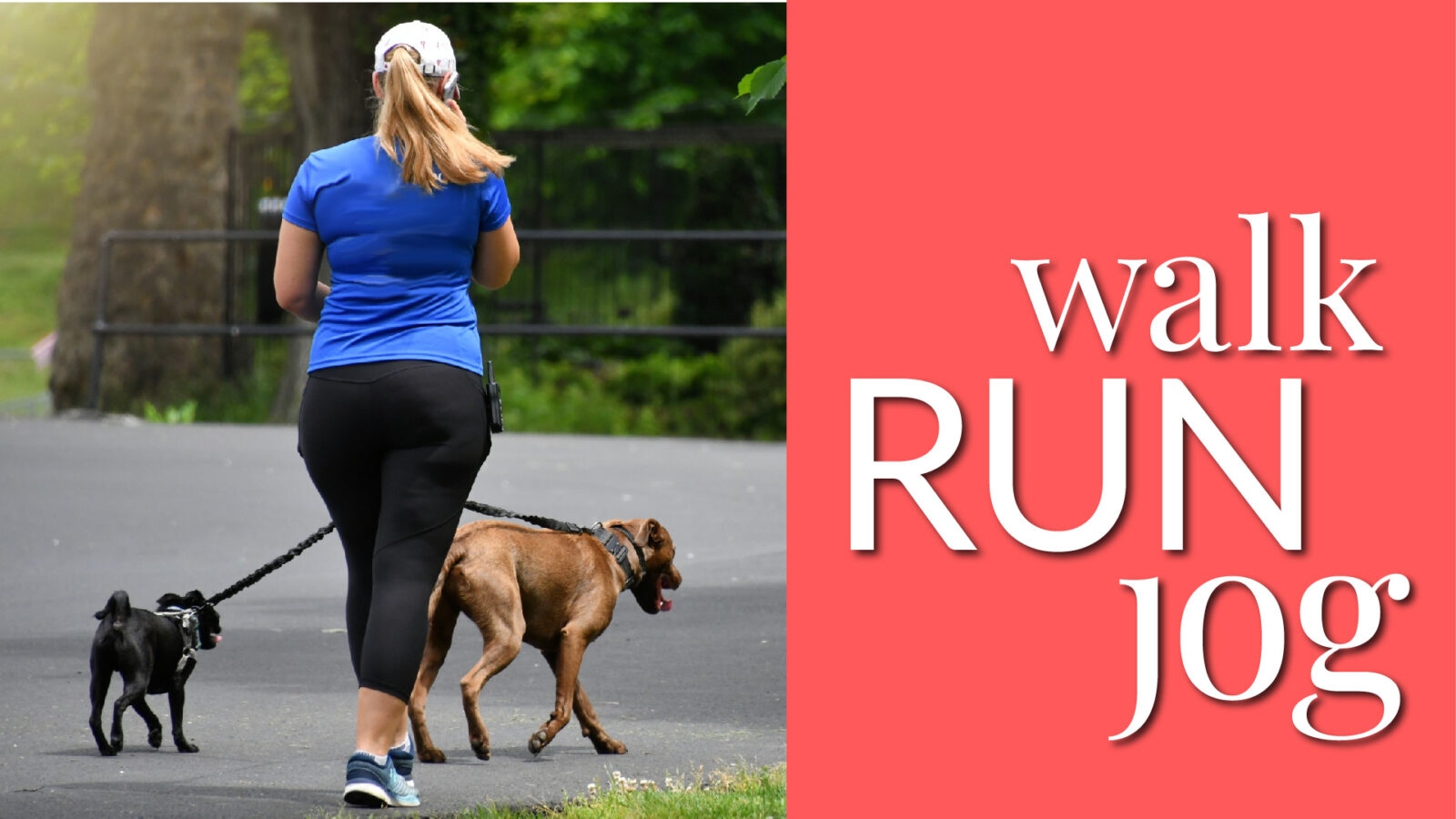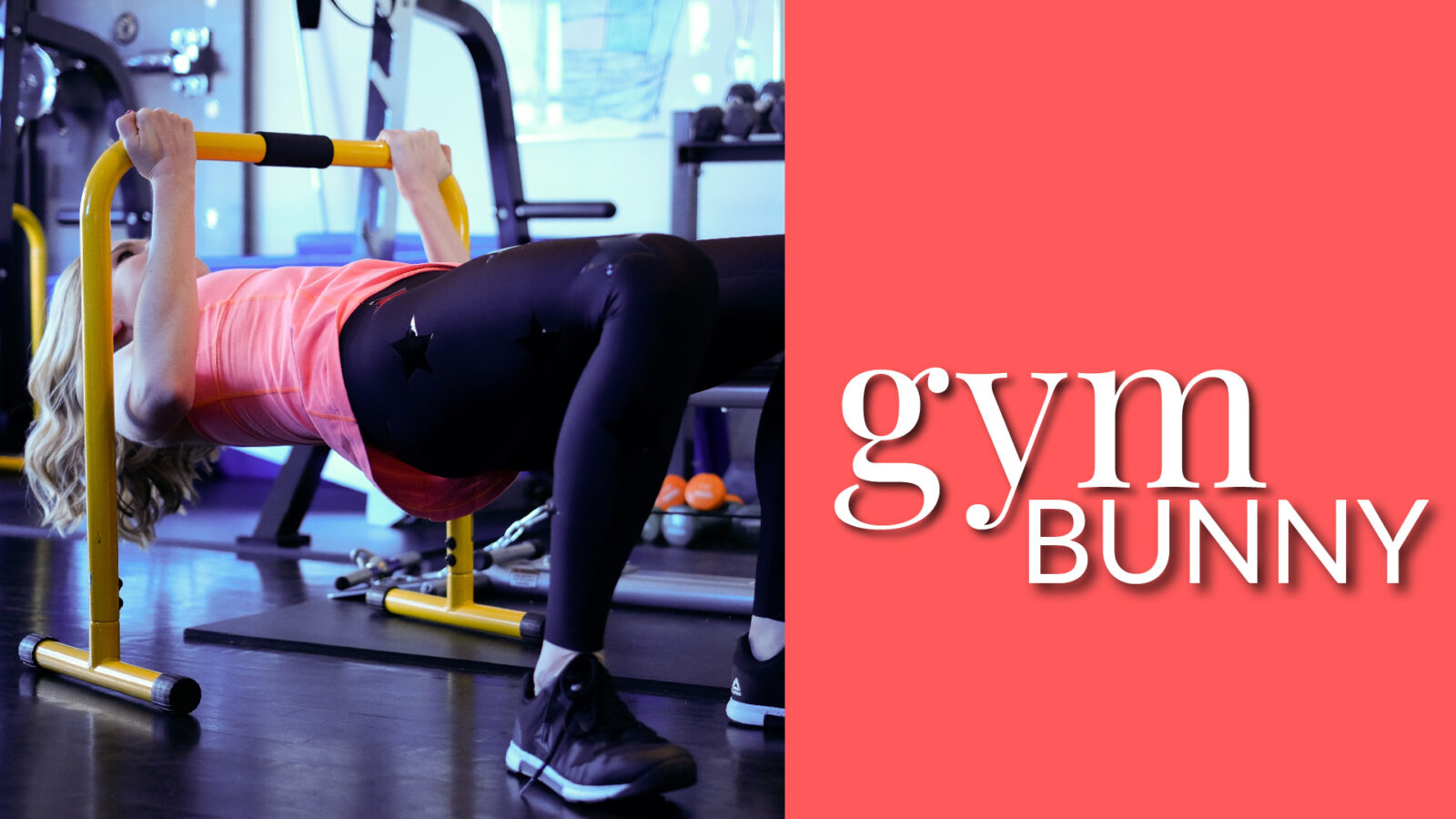Kathleen Trotter’s 10 “Must-Know” Health Tips!

That said, I find myself repeating a few pieces of key advice to almost everyone. I have come to the conclusion that there is some information virtually everyone should know.
Since I can’t work one-on-one with everyone (I wish I could), I put together this list of “must-know” fitness information and motivational techniques. Here are health tips I give to virtually everyone I work with!
10 “Must-Know” Health Tips
1. When you don’t want to exercise, use my “10 Minute Rule”.
Use the “10-minute rule”. The hardest part of working out is starting. When you don’t want to train, make yourself do something – anything – for 10 minutes. If you want to stop after 10 minutes – fine. At least, you will have done something. Most likely, once you start, you will just finish your workout.
2. Don’t just do steady-state cardio.
You need to do more than just mindless cardio. Do interval training two or three times a week. Interval training improves cardiovascular fitness, insulin sensitivity, HDL (good) cholesterol, and helps reduce both visceral and subcutaneous fat.
One of my favorite interval workouts is “rolling intervals.” After warming up, cycle through 30 seconds at regular intensity, 20 seconds at a slightly higher intensity and 10 seconds at an even higher intensity. Repeat for 10 to 15 minutes.
3. Don’t focus too much on calories.
One of my most important health tips is to pay attention to the quality of your nutrition, not just how many calories you consume. If your goal is weight loss, don’t just count calories – eat healthier and exercise.
When you lose weight solely through dieting, the weight you lose will be predominantly muscle. When you lose weight through a combination of resistance training, improved diet and cardio workouts, you lose proportionally more fat and gain muscle. That means you don’t simply lose weight on the scale, you change your body’s shape and composition.
4. Don’t set unrealistic goals.
Don’t set yourself up for failure. Make sure your goals respect your health history, current lifestyle, age, gender, and genetic makeup.
These health tips probably sound like common sense, and in many ways, they are. But I hardly ever meet anyone (including myself) who actually follows them. Don’t aim to have model abs if you don’t have the genetics, Photoshop at your disposal, and the time needed to train.
5. Don’t only associate exercise with weight loss.
Too often, people exercise simply to lose weight. When they don’t lose weight immediately, they give up. My advice: In addition to any weight-loss goals, aim to have more energy, sleep better, improve your bone density, enhance your mood, increase your strength and even train for a sport.
The more reasons you have to exercise, the more likely you are to stick with it. Ultimately, you will achieve your weight-loss goals, which won’t happen if you continually start and stop exercising.
6. Don’t slack off.
Don’t fall into the trap of believing lifting weights and doing intervals a few times a week means you can be a sloth the rest of the time.
Prolonged sitting negatively affects the cardiovascular, lymphatic, and digestive systems, not to mention your metabolism. It is associated with increased risk of cardiovascular disease, stroke and diabetes, and affects how our bodies metabolize glucose.
One of my best health tips? Move wherever and whenever possible.
7. Be mindful of your alcohol consumption.
Drinking alcohol can actually encourage your body to store fat! Most of us know that to lose weight, we need to limit our alcohol consumption, especially of high-caloric, sugary drinks.
It is fairly widely known that alcohol provides 7 kcal/g (vs. carbs and protein which have 4 kcal/g and fat which has 9 kcal/g), which means drinking it can significantly increase one’s total calorie intake. What is less widely known is that, consuming alcohol can actually encourage fat storage. Why?
First, alcohol cannot be used directly by muscles for energy during exercise. Only the liver has the specific enzymes needed to break down alcohol. Unfortunately, the liver carries out its job at a fixed rate. This means exercising harder doesn’t help your body burn more of the alcohol off.
Second, alcohol cannot be stored in the body. It must be oxidized and converted into energy. While this is happening, the oxidation of fat and carbs is suppressed and they are channeled into storage instead.
Main takeaway: Don’t let yourself rationalize binge drinking by thinking “I will just work it off tomorrow.” If you are trying to lose weight, curtail you alcohol consumption. If you drink, have a moderate portion and choose options with fewer calories and less sugar.
8. Don’t give up – even when you slip.
When you fall off your health horse, don’t allow that not-so-great choice to spiral into multiple unhealthy choices. Instead, learn from your unhealthy decisions so you get back on a more informed rider.
Did you let yourself get too hungry? Were you emotionally eating? Did you not take the time to set yourself up for success? Make a mental note of what went wrong, then proactively avoid those situations in the future.
9. Remember that adopting a healthier lifestyle is a marathon, not a sprint.
Your unhealthy habits were not formed in a day. It is unrealistic to think they can be replaced by these health tips overnight. Aim to simply have a greater number of healthy habits this month than you had last month –“trend positive.” Adopting a healthier lifestyle is about self-care, and it is a privilege.
It is easy to forget that eating well and exercising are things we are doing for ourselves, not to ourselves. Embrace how lucky you are to have the power to make healthy choices.
Find modes of exercise that you are genuinely excited to do; garden, walk with friends, or play a sport. Think of healthy foods that you love, such as fresh berries or sweet potatoes. Then include those in your weekly diet.
10. Some movement is always better than NO movement.
Every bit of motion adds up, and every situation can be reframed as an opportunity for movement. Frame daily movement as a “non-negotiable.” Instead of thinking of movement as an ‘if’, frame moving as a ‘when’.
One final thought: anything worth doing takes mindfulness and perseverance — and almost nothing is more important than your health.



